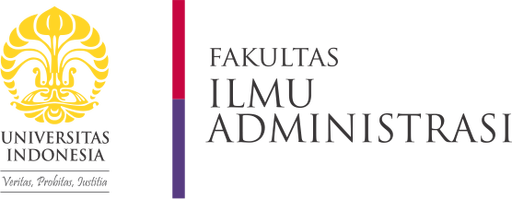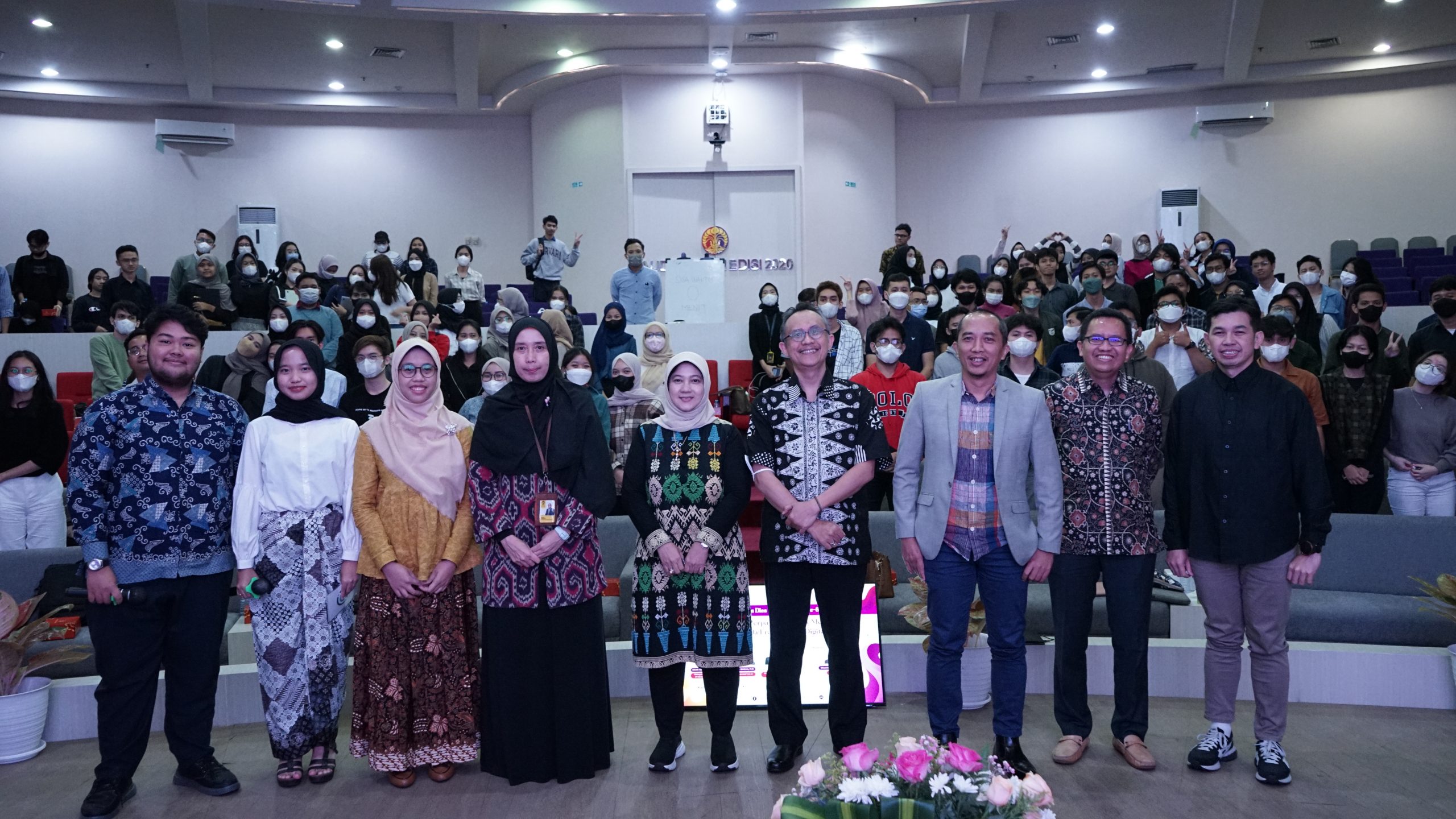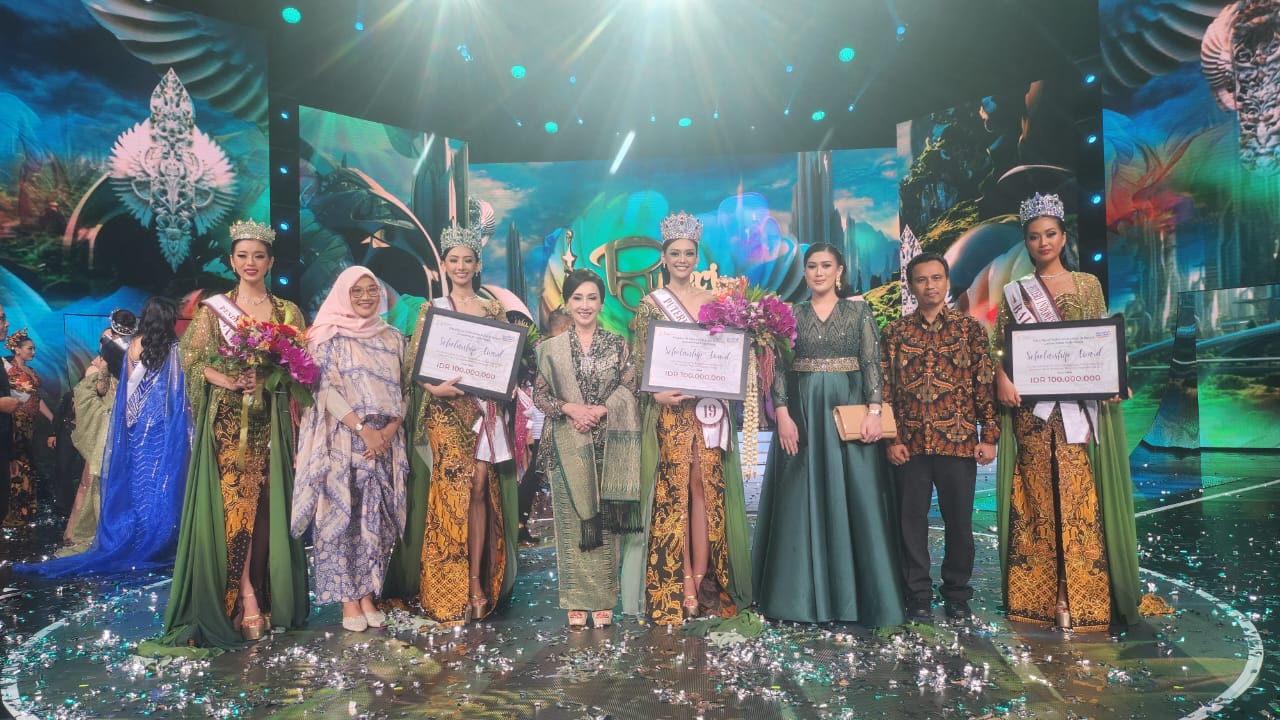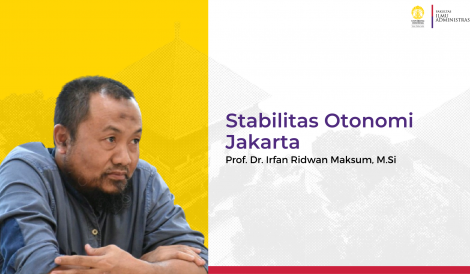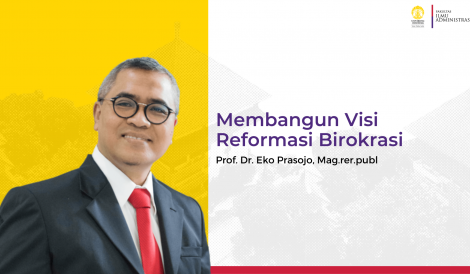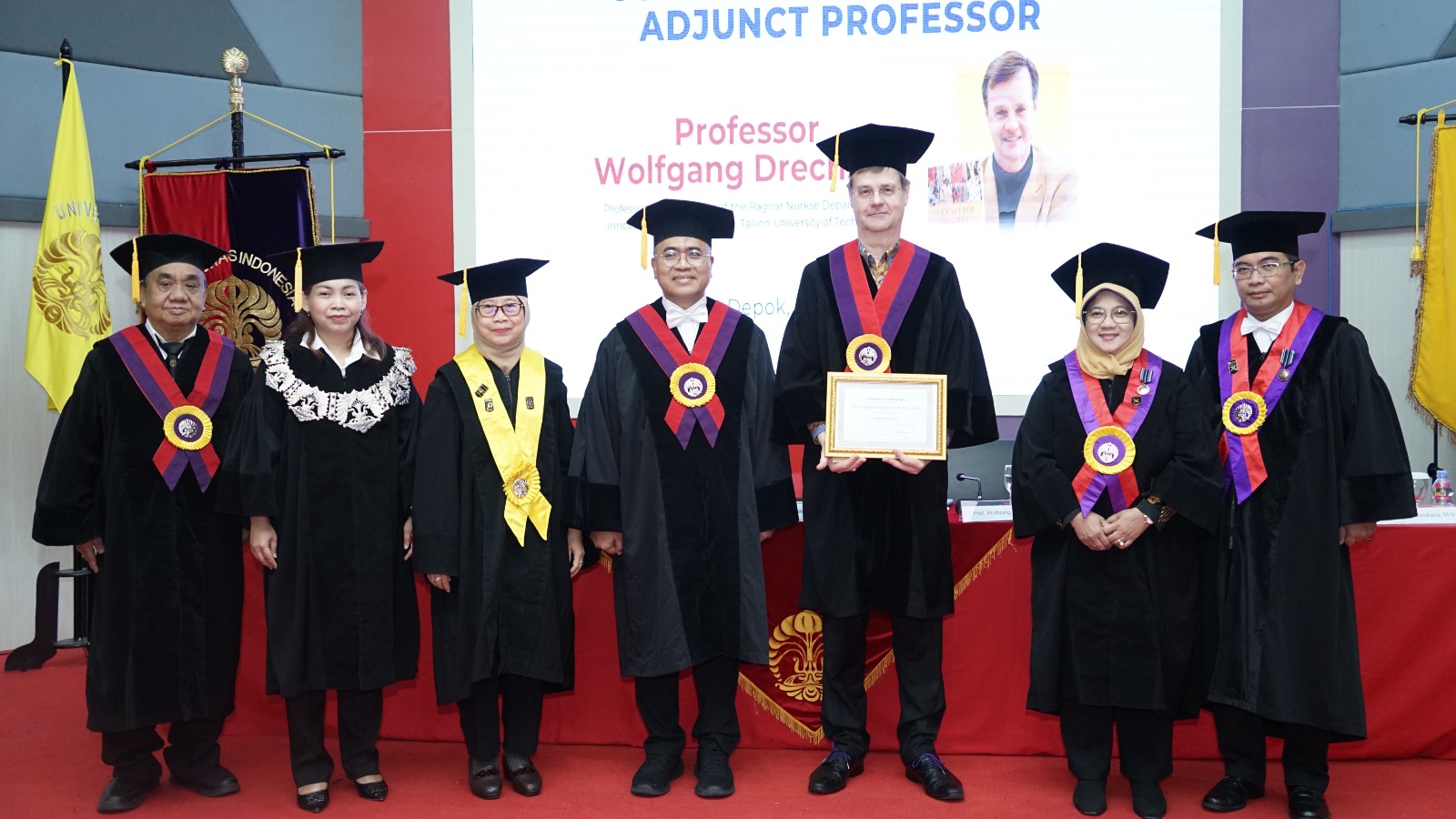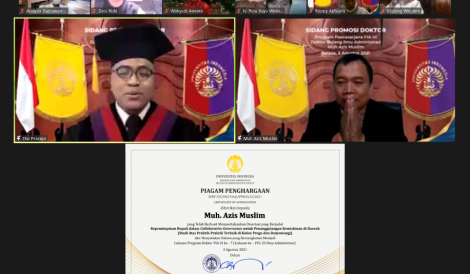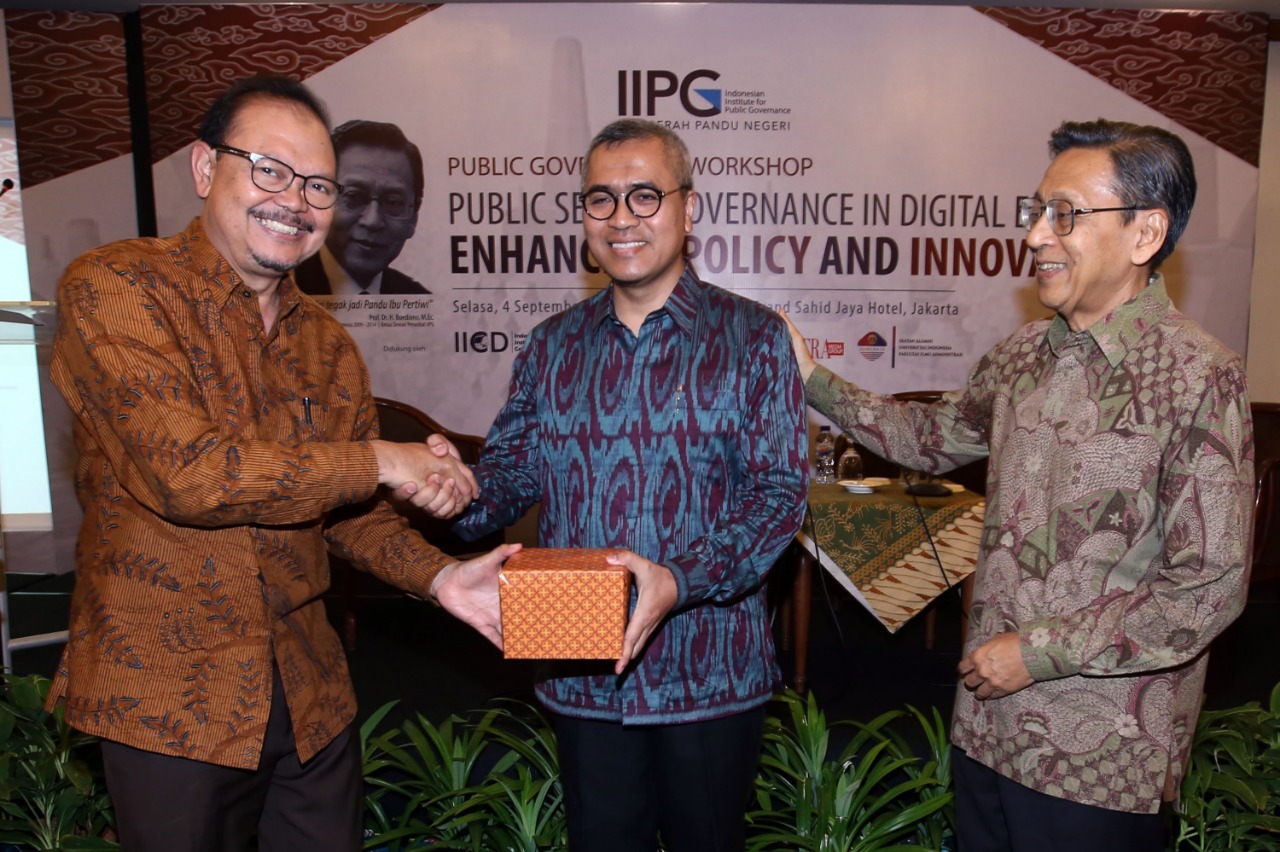During the era of disruption and technological developments, we need to innovate in tax administration to support tax collection in the digital economy era, where all human activities are influenced by technology. Today’s students are the future pillars of the Nation and State, so it is necessary to continue to innovate, especially in taxation. This was disclosed by Prof. Dr. Haula Rosdiana, M.Sc, as a Member of the Faculty of Administrative Sciences, University of Indonesia (FIA UI).
“The theme is important, namely tax innovation. The five scientific pillars of the FIA are Policies, Governance, Innovation, Institutions and Culture, which are closely related. Why is innovation important? Because we are talking about the era of disruption and digital. For example, there is a rapid development of e-commerce. The next problem is taxing it as a form of the state’s presence in creating presence. You are the ones who will lead the future, so study well to study tax innovations for Indonesia Gold 2045,” said Prof. Haula.
Dr. Inayati, M.Si, the Head of the Department of Fiscal Administration (DIAF) FIA UI, said that innovation is important because the current conditions of the digital economy and the development of information technology demand changes that various innovations and developments must follow in all aspects of human life. “On the one hand, advances and breakthroughs in information technology pose a challenge to all tax authorities on how to tax digital products. The state will erode its tax base if the tax authorities cannot answer the challenge. But on the other hand, IT advancements open up opportunities that allow the tax authorities to make breakthroughs in tax collection depending on how we see it,” said Dr. Inayati.
“Today’s theme is very relevant for us to discuss because, after the pandemic, all aspects of our lives have been influenced by technology and social media. Therefore, it is necessary to carry out innovation efforts for tax authorities and practitioners to keep abreast of developments so that the state does not experience a potential reduction in tax collection. We will discuss it from three aspects: tax authorities, business people and academics,” said Wisamodro Jati, S.Sos., M.Int. Tax., M.H., as a DIAF FIA UI Academic and event moderator.
Dikdik Suwardi, S.Sos., M.E., Manager of PT Pertamina (Persero)’s Tax Advisory and a guest speaker in this Talkshow, stated that when discussing tax management, the knowledge used is not only tax science but all existing knowledge from an economic, IT perspective. , law, and even business. Then, when talking about business, it talks about two core things: tax regulations and company business processes, which consist of a core (core) and non-core (support).
“When tax regulations interact with business processes, we must be able to manage three components, namely strategy, compliance, and control. Then, three things can drive these components: organization, people, and IT. One thing that needs to be emphasized is: we need to know about the business processes of all the things we manage so that we know how to manage the taxes,” said Dikdik.
Dr. Arif Yunianto, the Functional Extension Associate Expert of the Directorate of P2 Public Relations, stated that the Directorate General of Taxes (DGT) had made various adaptations to technological disruptions that impacted the tax collection process in Indonesia. One way is to streamline and change the tax regulations. However, he emphasized that innovation is not only in rules; various aspects must be improved, namely people, organization, principles, business processes, IT utilization, and database expansion.
“Previously, I congratulated the 8th FIA UI Anniversary. Currently, globalization, where transactions have no geographical and other boundaries; virtualization, where physical goods become virtual; digitization, where customers are accustomed to using online transactions; disintermediation occurs where we shop without using intermediaries anymore; convergence occurs to form a platform; and there have been economic innovations, so we need to make various innovations to adapt to the rhythm of these changes,” said Dr. Arif Yunianto.
Drs. Iman Santoso, M.Sc., as a DIAF FIA UI Academician and a resource person in this Talkshow activity, said that digitalization and emerging technologies had opened doors of new opportunities for the business world (business) but also for tax administrators to transform day-to-day activities. Its -day operations. Tax authorities must initiate innovation in applying new technologies, such as big data and advanced analytics, to improve tax administration, counter tax fraud, and facilitate taxpayer compliance.
“The business processes within DGT have not been able to keep up with the sophisticated and easy developments in the business world. Therefore, DGT is implementing a core tax administration system update (core tax) as a tax reform motivated by technological disruption related to business processes. The results of McKinsey’s research suggest that the tax authorities finalize their tax administration system innovations in 4 areas: digitized interactions, advanced analytics, process automation, and talent management,” said Drs. Faith Santos.
For information, this talk show event will occur on Thursday, March 2, 2023 afternoon at the 2020 Edition Auditorium, FIA UI’s M Building.
